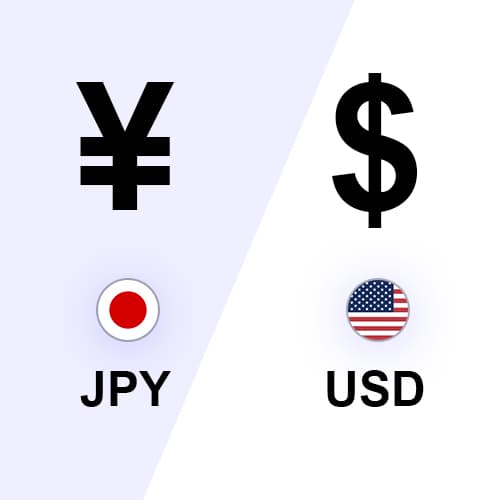Yen Plunges to 10-Month Low Amid Fiscal Concerns and Policy Divergence

Tokyo – The Japanese Yen has reached a 10-month low against the U.S. dollar, trading at 157.78, as investors increasingly exit the currency and Japanese government bonds. This significant depreciation, coupled with rising borrowing costs, has fueled a "Sell Japan" sentiment in financial markets, largely driven by concerns over the nation's fiscal health and the Bank of Japan's (BOJ) persistent ultra-loose monetary policy.
The market downturn has pushed 30-year and 40-year government bond yields to record highs, with the benchmark 10-year yield surpassing 1.8%, its highest in 17 years. This selloff is primarily attributed to the widening interest rate differential between Japan and the United States, where the Federal Reserve has maintained higher rates to combat inflation. Japan's new Prime Minister Sanae Takaichi's proposed lavish stimulus package is also seen as contributing to expectations of looser financial conditions, further pressing the yen.
Finance Minister Satsuki Katayama has expressed "strong sense of urgency" regarding the market movements, and Japanese officials have intervened or signaled intervention to slow the yen's fall. While some social media commentary, such as a tweet from 'Campbell,' suggests China is "selling Japanese Bonds and repatriating to force down the yen for narrative purposes," financial analysts indicate that recent trends are primarily driven by private sector asset allocation decisions rather than sovereign actions aimed at weaponizing holdings. Japanese institutional investors have been observed repatriating U.S. fixed income allocations, rotating into Japanese Government Bonds.
China remains the second-largest foreign holder of U.S. Treasury bonds, with holdings fluctuating but generally on a downward trend over the past decade. Despite this, China has been reluctant to sell its substantial U.S. bond holdings en masse. Such a move could destabilize global markets and significantly reduce the value of its remaining reserves, impacting its own financial stability.
The strategic implications of China's U.S. Treasury holdings are often linked to geopolitical considerations, particularly regarding Taiwan. Analysts suggest that China's restraint in selling U.S. bonds is influenced by its ongoing need for dollar liquidity for international trade and the potential for maximum economic leverage in future geopolitical scenarios, as 'Campbell' noted, stating China is "waiting until they move on Taiwan for maximum leverage." However, the direct use of bond sales as a primary tool for geopolitical maneuvering remains a complex and debated strategy.